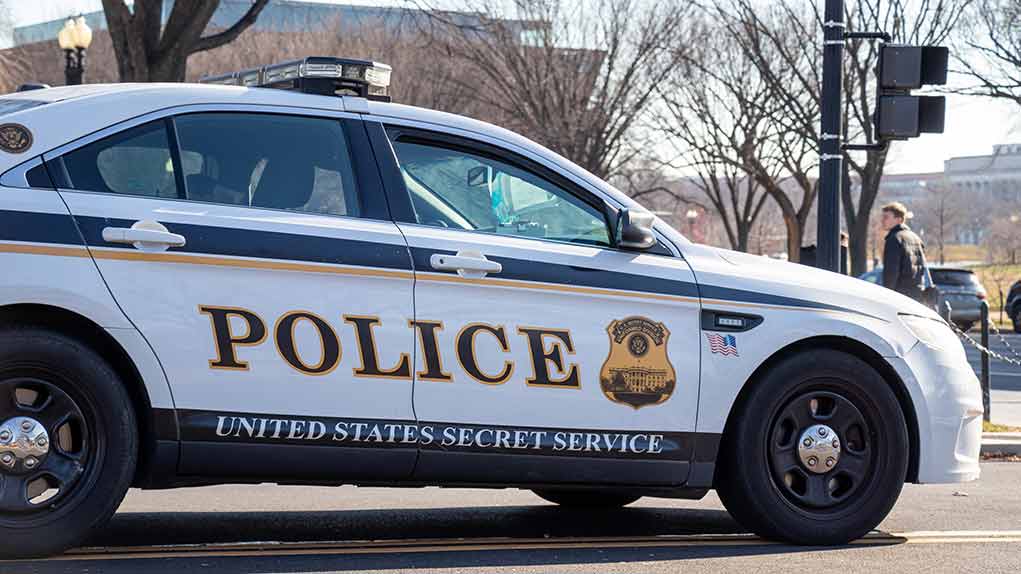
New Orleans police officer Derrick Burmaster will face trial for fatally shooting a tail-wagging 16-week-old puppy named Apollo while responding to a simple noise complaint, after a federal appeals court rejected his claim of qualified immunity.
Key Takeaways
- Officer Derrick Burmaster shot and killed a 22-pound Catahoula puppy named Apollo in April 2021 while responding to a noise complaint
- The puppy’s owners allege the dog was wagging its tail and posed no threat when Burmaster shot it
- A U.S. Court of Appeals ruled against Burmaster’s attempt to dismiss the case on qualified immunity grounds
- This is reportedly Burmaster’s second dog shooting incident, having previously shot another dog in 2012
- The case highlights the broader issue of “puppycide,” where police officers shoot dogs that pose no obvious threat
Officer Faces Trial After Court Rejects Immunity Claim
New Orleans police officer Derrick Burmaster will stand trial for shooting a puppy after the U.S. Court of Appeals denied his qualified immunity defense. The incident occurred in April 2021 when Burmaster responded to a noise complaint at the home of Derek Brown and Julia Barecki-Brown. According to court documents, Apollo, the couple’s 16-week-old Catahoula puppy weighing just 22 pounds, was shot while approaching the officer with a wagging tail, suggesting the animal posed no immediate threat.
The Browns filed a lawsuit against both Burmaster and the City of New Orleans in 2022, alleging that the officer unconstitutionally “seized” Apollo by shooting him without legitimate justification. This legal approach frames the killing of a pet as a violation of Fourth Amendment protections against unreasonable seizures. The case wound through the court system for years before finally being set for trial after all attempts by the officer to have the case dismissed were rejected.
Pattern of “Puppycide” Raises Concerns
This case has brought increased scrutiny to what animal rights advocates call “puppycide” – a pattern of law enforcement officers shooting dogs that present no obvious danger. Particularly troubling in this case is that court records indicate this wasn’t Burmaster’s first such incident. He reportedly shot another dog in 2012, establishing what the plaintiffs argue is a pattern of unnecessary force against animals. Similar incidents have been documented across Louisiana and in other states like Missouri, suggesting a systemic issue rather than isolated occurrences.
The frequency of these incidents highlights a critical gap in police training. Animal welfare advocates emphasize that proper training for officers in reading canine body language and employing non-lethal methods when encountering pets could prevent such tragic outcomes. These advocates argue that improved training would not only save animals’ lives but also strengthen community trust in law enforcement, which has been increasingly strained by such incidents.
Implications for Police Accountability
The court’s decision to allow this case to proceed to trial represents a significant development in police accountability cases involving animals. Qualified immunity, which shields government officials from civil liability in many circumstances, has often been an insurmountable barrier for plaintiffs seeking redress for police actions. The appeals court’s rejection of Burmaster’s immunity claim signals that courts may be increasingly willing to hold officers accountable for actions against animals that cannot be justified by a reasonable threat assessment.
The outcome of this trial could establish important precedent for how similar cases are handled nationwide. It may determine whether pet owners have meaningful legal recourse when their animals are killed by law enforcement and could potentially influence police department policies regarding encounters with animals. As communities across the nation grapple with questions of appropriate use of force by police, this case serves as a reminder that accountability extends to all aspects of policing, including interactions with the pets that many Americans consider family members.




